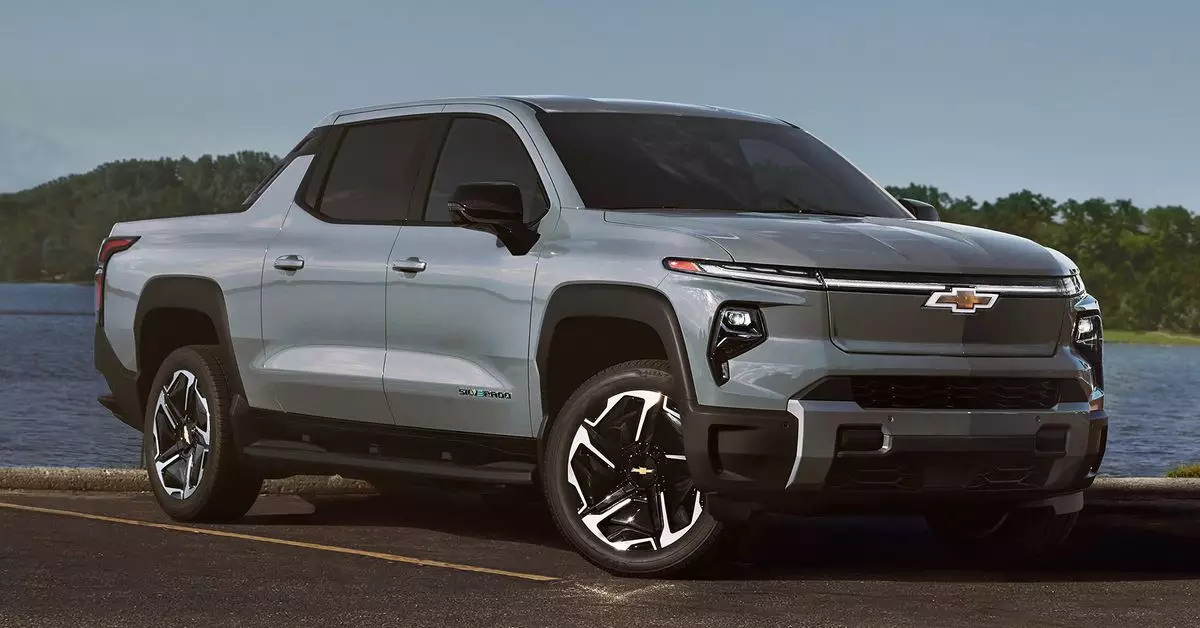Chevrolet’s decision to revamp the Silverado EV lineup for 2025 underscores a significant shift in its approach to electric vehicles (EVs). By introducing a standard range Work Truck (WT) that starts at $57,095, Chevrolet aims to cater to a broader audience interested in more budget-friendly options in the electric truck market. This move not only aligns with the growing demand for affordability in the EV sector but also illustrates Chevrolet’s commitment to making electric vehicles more accessible to consumers, particularly those who may be initially hesitant to make the switch from traditional gasoline-powered vehicles.
The Silverado EV’s pricing strategy seems to intentionally challenge its competitors, particularly Ford’s F-150 Lightning. Ford’s “Pro” version starts at a lower base price of $54,995 with 240 miles of range. In contrast, Chevrolet positions the Silverado EV to offer a variety of options and configurations. The entry-level WT provides a new starting point for those looking for utility without excessive bells and whistles, offering potential buyers a precisely tailored choice based on their needs. Chevy also maintains higher-end options, including a newly priced RST variant starting at $89,395, which still holds appeal with its respectable 390-mile range.
Range is a crucial factor for consumers considering an electric truck. The Silverado EV boasts a Max Range variant promising an impressive 492 miles for $77,795. In comparison, the work truck’s range is yet to be disclosed, suggesting Chevrolet is still fine-tuning its offering. The 2025 update is characterized by performance as well, with the LT model achieving 645 horsepower and a towing capacity of up to 12,500 pounds, thereby solidifying its place as a serious contender in the electric market for work and leisure.
One key aspect in Chevrolet’s strategy is the stipulation that the dealer will ultimately determine the final price. This could lead to variances in costs for consumers, potentially complicating the purchasing process. Buyers must be wary of added fees and surcharges that may not be immediately evident, which can alter the appeal of the lower base prices announced. The lack of a standardized pricing model may invite some skepticism, but it also allows for flexibility and negotiation in a market increasingly focused on individualized consumer experience.
Chevrolet has made significant strides in its electric vehicle strategy, and its 2025 Silverado EV lineup reflects a robust understanding of market needs and evolving consumer preferences. As electric vehicles become more mainstream, manufacturers must adapt, and Chevrolet’s introduction of a diversified range with varying prices and features is an adaptive move predicting future consumer behavior. The unveiling of progressive features such as SuperCruise in premium packages illustrates an ongoing commitment to innovation amidst growing competition. As Chevrolet aims to reclaim its share in the truck segment, the response to these updates will ultimately dictate the Silverado EV’s success in a rapidly evolving automotive landscape.

